
Culture China
16:50, 03-Mar-2019
The Chinese mom from 'Bao' everyone knows
Updated
18:19, 03-Mar-2019
By Zhou Minxi
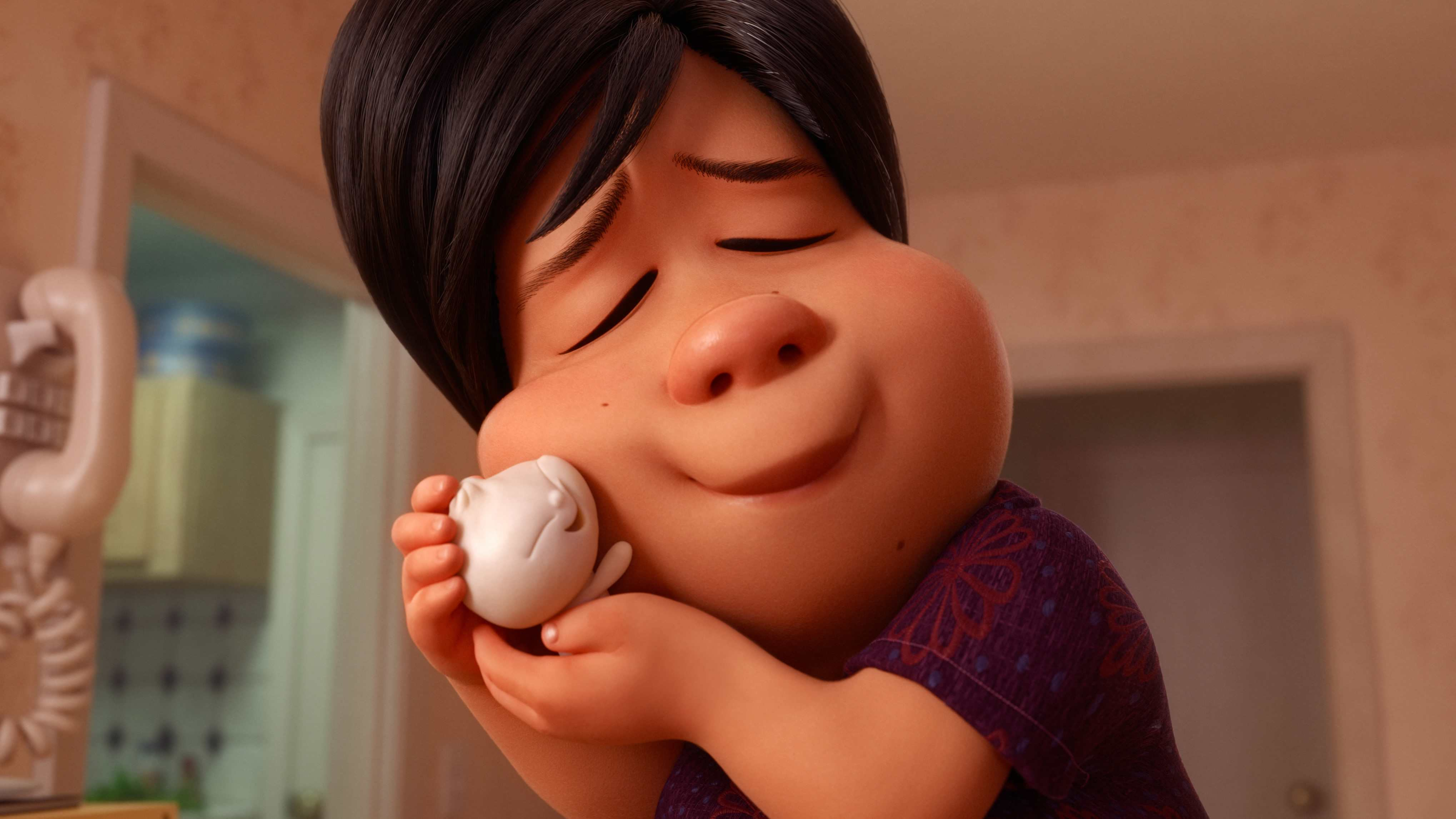
Pixar's animated short "Bao" tells the story of a mother-son relationship. The film was first released in theaters during the trailers that screen before the feature film. It brought many surprised moviegoers to tears. It is the kind of story that connects with those who have been brought up in Chinese culture.
Directed by Chinese-Canadian filmmaker Domee Shi, "Bao" tells the bittersweet story of a Chinese immigrant mother, who has to cope with feelings of loneliness and loss, as the little bun she has raised as a son grows up and grows apart. In a symbolic and poignant climax, the mother, desperate to stop her "son" from leaving home, swallows him before collapsing in grief.
But it turns out to be the mother's dream. As the real son returns and the mother later accepts her son's white partner, the family reunite in a happy ending.
The seven-minute short film packs a punch, with many people taking to social media to express their shock and how much it hits home.
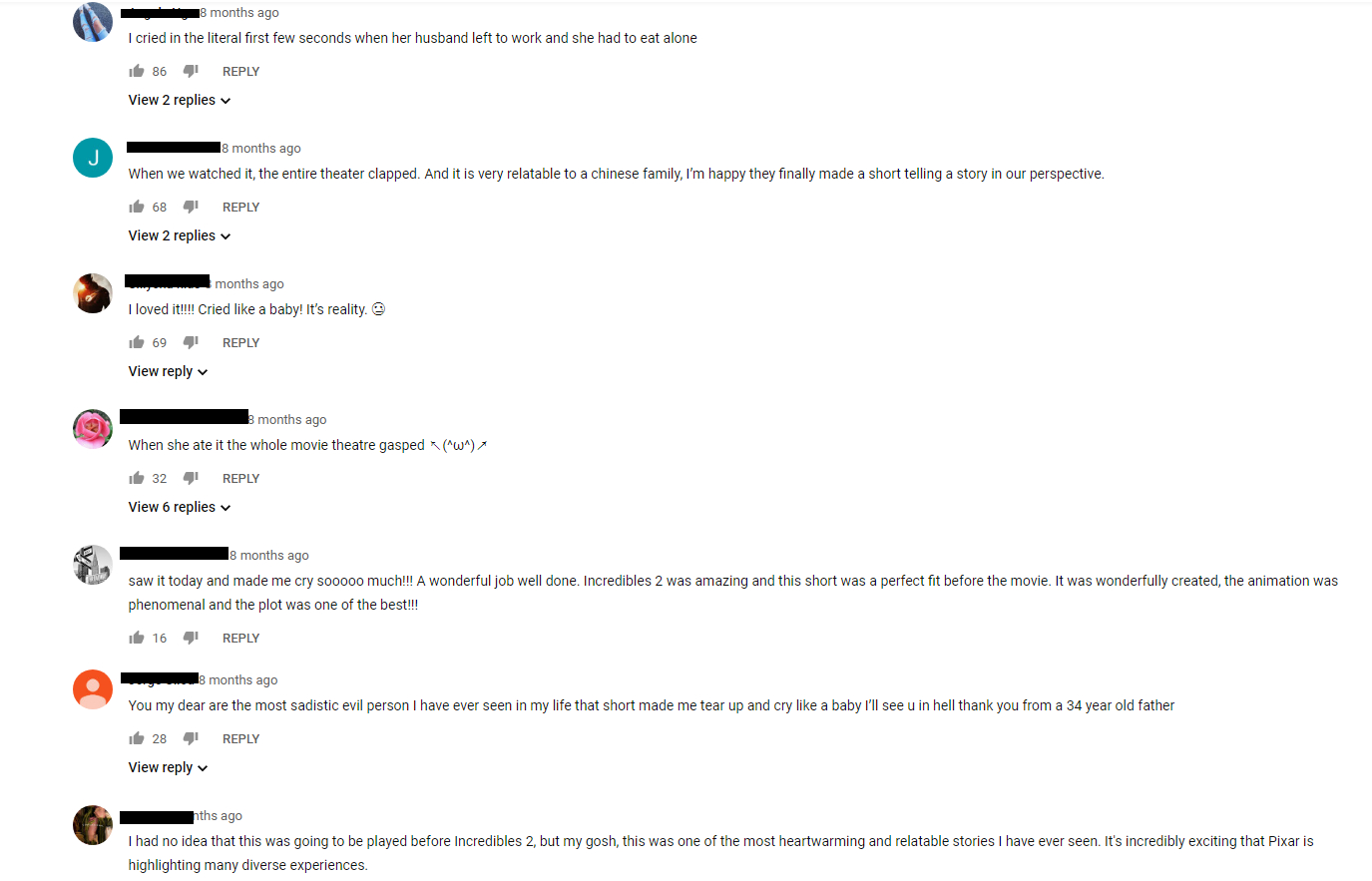
YouTube users react to "Bao" after watching it at the theater. /Screenshot via YouTube
YouTube users react to "Bao" after watching it at the theater. /Screenshot via YouTube
"Bao" was back in the spotlight after its Oscar win last week. Although the story is centered on the Chinese diaspora experience, viewers from China say the theme and conflicts in the film resonate with them as well, in addition to the culinary elements.
But some are also disturbed by the dark twist. "Actually it is a horror movie. The part when Bao's mother eats him, it left me cold in the theater," a viewer said on the movie and book reviewing site Douban.
Many others share the sentiment, with critics and online discussions once again drawing attention to the real-life horrors of Chinese parenting and particularly, the overbearing Chinese mother.
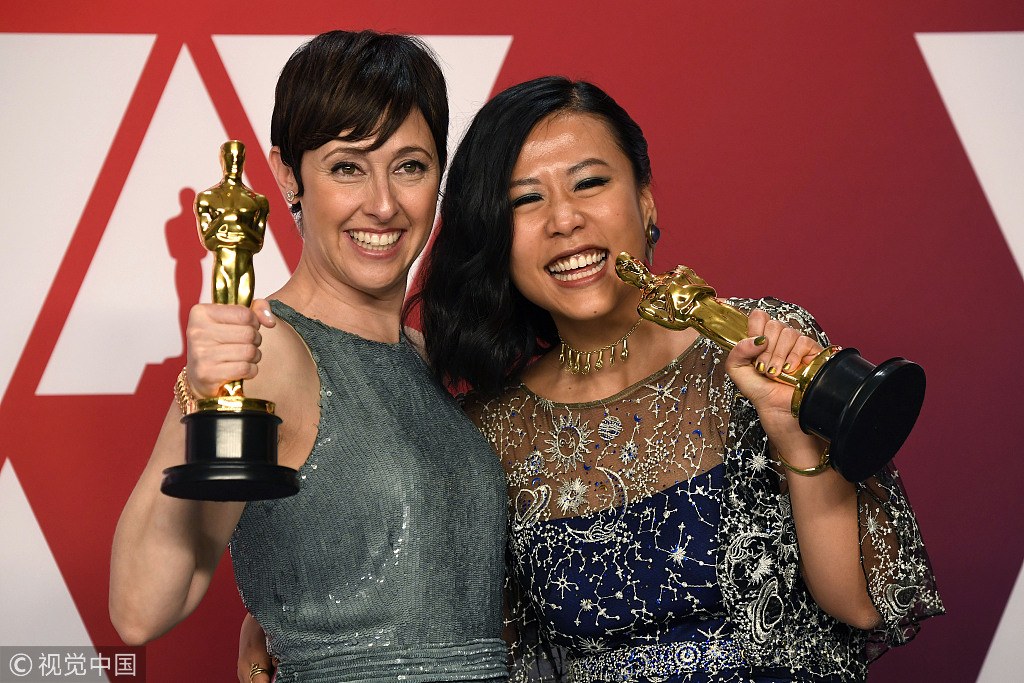
Producer Becky Neiman-Cobb (L) and director Domee Shi of the Best Animated Short Film "Bao" at the 91st Annual Academy Awards in Hollywood, California, February 24, 2019. /VCG Photo
Producer Becky Neiman-Cobb (L) and director Domee Shi of the Best Animated Short Film "Bao" at the 91st Annual Academy Awards in Hollywood, California, February 24, 2019. /VCG Photo
Why she can't let go
"Exploring when your relationship with your parents' shifts," Shi spoke of the film in an interview. "I still love you but I can't be with you all the time."
The director said "Bao" was inspired by her own relationship with her mother. "My mom treats me like a precious little dumpling," she said.
In the Chinese language, the word "bao" has several meanings: baozi (Chinese steamed bun), baby and treasure-all embodied by the film's title character.
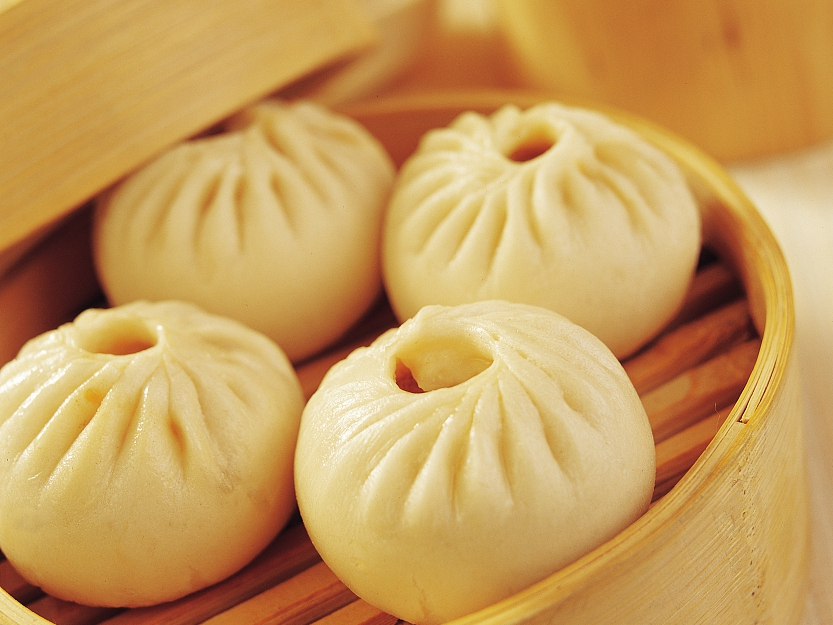
Baozi, Chinese steamed buns with fillings. /VCG Photo
Baozi, Chinese steamed buns with fillings. /VCG Photo
When Bao plays soccer with other kids, his nervous mother interrupts the game to prevent him from getting injured. And when he decides to move out with his fiancée, the mother feels she has every right to keep him to herself.
The controlling Chinese "Tiger Mother" phenomenon was amplified by American law professor Amy Chua's book "Battle Hymn of the Tiger Mother."
"Chinese parents believe that their kids owe them everything... that they know what is best for their children and therefore override all of their children's own desires and preferences," Chua wrote in an article for the Wall Street Journal.
The overbearing tendency has roots in the Chinese value of filial piety, a central idea to the Confucian principles of hierarchy and obedience that form the foundation of traditional Chinese society.
While filial piety is all about obeying one's parents, Chinese parents, on the other hand, are also heavily dependent on their children, not only for material support in old age but also their sense of worth and spiritual well-being.
"Chinese culture is oriented toward interdependence, with the self often construed with reference to relationships with important others," explained a 2013 study by Chinese and American psychologists, attributing the controlling tendency often seen in Chinese families to these aspects of Chinese culture.
The pain of having to let go when the child grows up is being felt by nearly a hundred million "empty-nest" parents of the generation of the only children in China. For many of these parents, who have devoted their whole lives to their children, there is little left for them to live for after the children move away.
"The kid will stop being a kid one day. But parents don't know how to stop being parents," said an author in an opinion piece on WeChat.
Like those Chinese parents in real life, Bao's mother does not have a life of her own. Her day revolves entirely around cooking and looking after her son. But as a kid growing up in the West, Bao struggles for autonomy at home and feels suffocated by his mother's overprotective ways.
The Chinese parent-child relationship lacks clear boundaries, said professor Zhang Ming at Renmin University of China. "In essence, parents fail to treat their child as a person."
But the unilateral sacrifice and guilt-laden obedience are not the ingredients of a healthy relationship. So when the only thing in the Chinese mother's life, her son, insists on leaving her for a girl from a different culture – an act of rebellion against his own culture, the mother, feeling abandoned and betrayed, asserts her "ownership" of the child in the most extreme way.
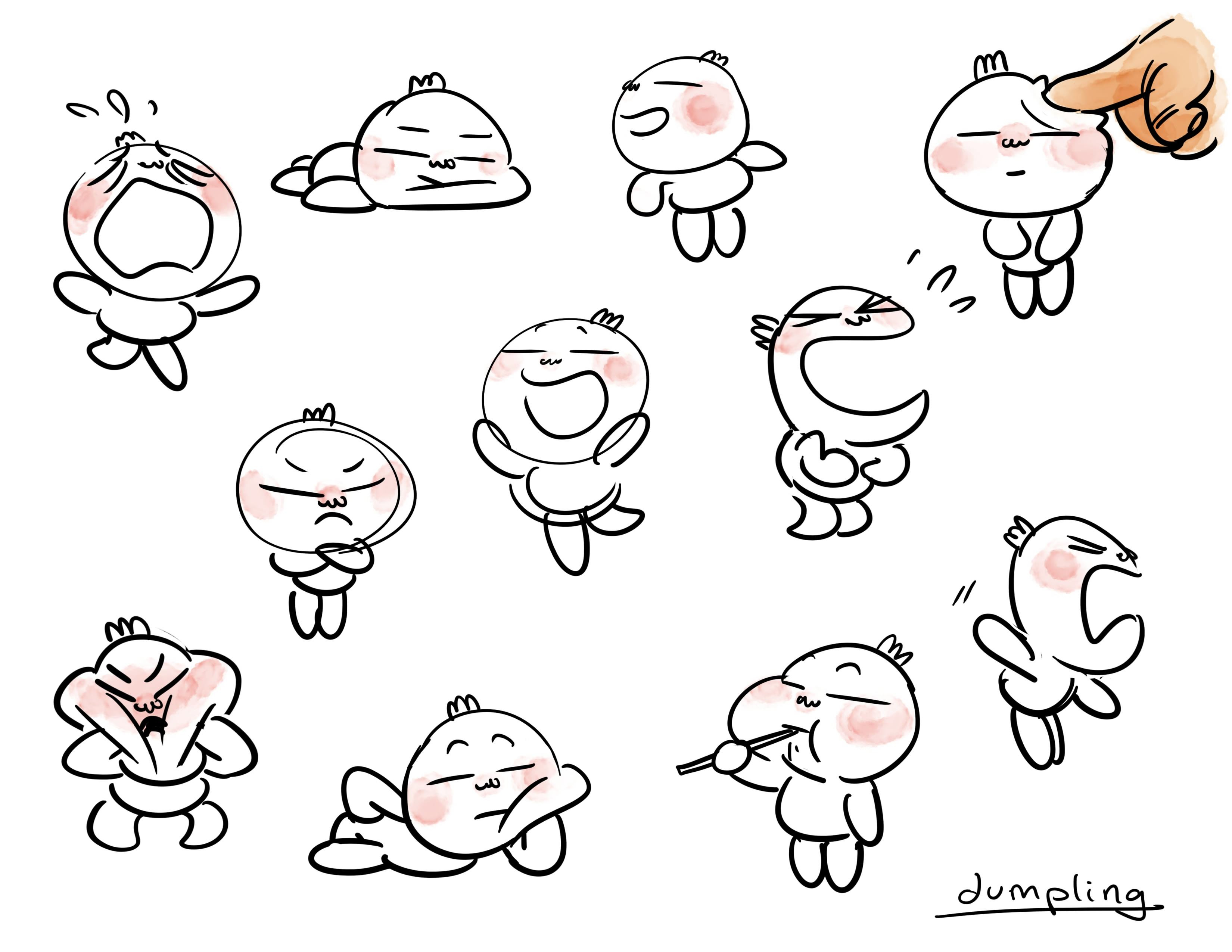
Concept art from "Bao" directed by Domee Shi. /Photo via Pixar
Concept art from "Bao" directed by Domee Shi. /Photo via Pixar
'Widow-style parenting'
Many audiences have also pointed out the father's absence in "Bao," another factor likely contributing to the mother's loneliness and over-attachment to the bun.
In the film, the father makes a total of three brief appearances, two of which show him watching TV, indifferent to other family members.
The portrayal of the father, whose presence is largely invisible in the story, has touched a raw nerve with female netizens in China, who have coined the term "widow-style parenting" to criticize fathers' alleged lack of participation in their children's lives.
Traditionally, married men in China are expected to work to support the family, so the understanding is that looking after the children is the wife's job.
But the reality has changed, as China boasts one of the highest percentages of working women in the world. Despite Chinese women's rising economic status, the traditional expectation for them to be the lone caregiver has remained the same in a majority of families, leaving many mothers to feel they are raising the kids on their own.
According to a 2017 report by Pingan Insurance, 55.8 percent of the Chinese families have the mother looking after the child most of the time. Only 12.6 percent have the father keeping the child company, and 16 percent with parents spending an equal amount of time with the child.
Social commentary aside, Chinese audiences mostly agree that "Bao" is a touching work of cinema that reminds them of the sincere love parents have for their children.
"Chinese parents give their whole lives to their children. So when they get old, they don't know what to do without the child. We should try to understand our parents and help them build their own lives," a Weibo user named viola wrote.
"'Bao' should serve as a lesson to all Chinese parents - one of great love and of letting go," another said.
(Top image: A still from "Bao." /Photo via Pixar)

SITEMAP
Copyright © 2018 CGTN. Beijing ICP prepared NO.16065310-3
Copyright © 2018 CGTN. Beijing ICP prepared NO.16065310-3